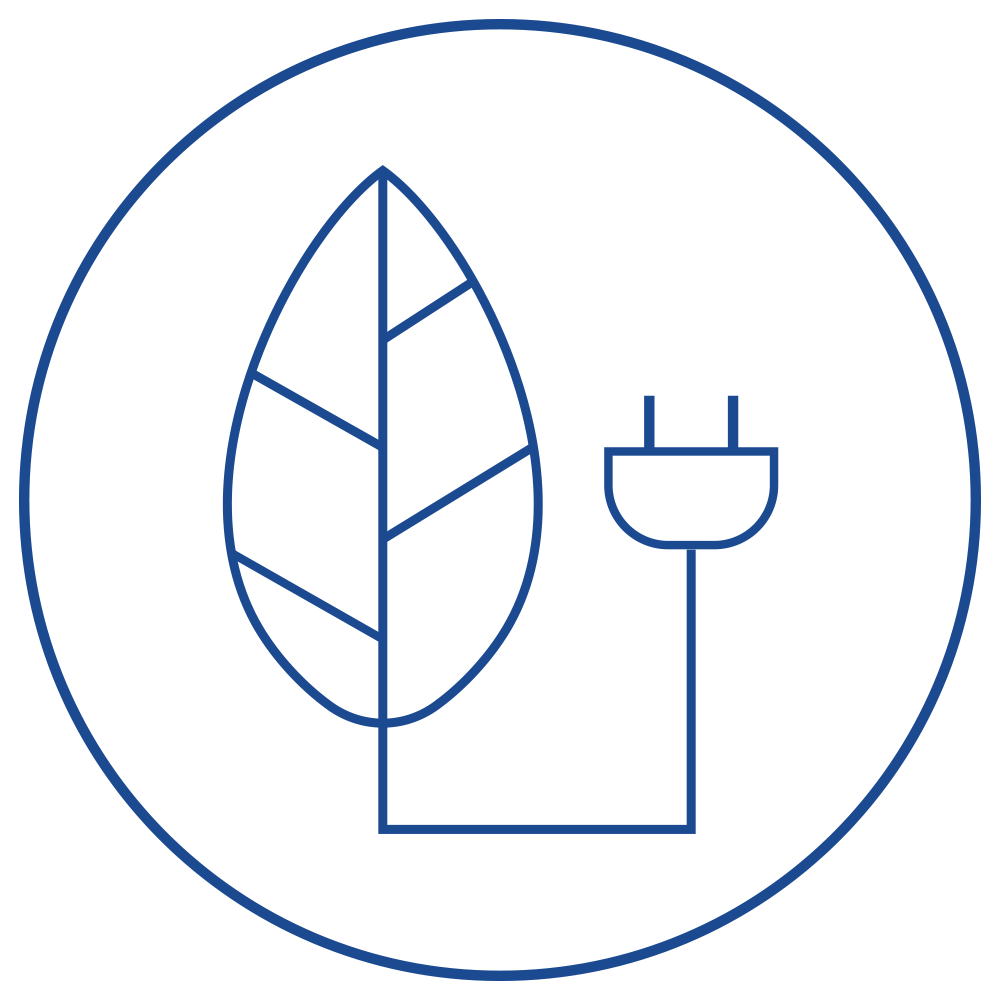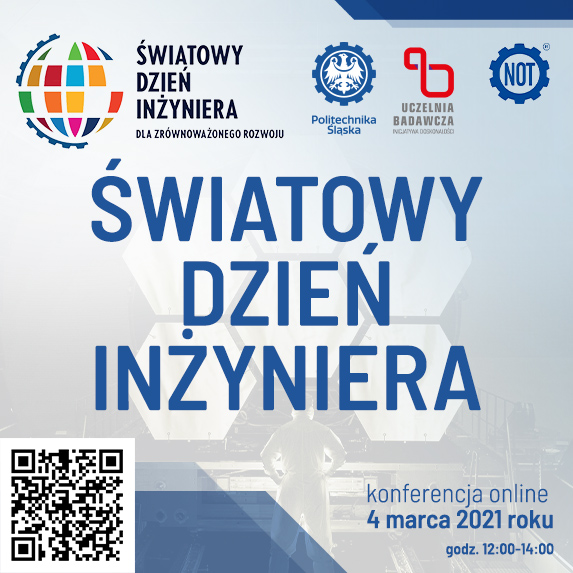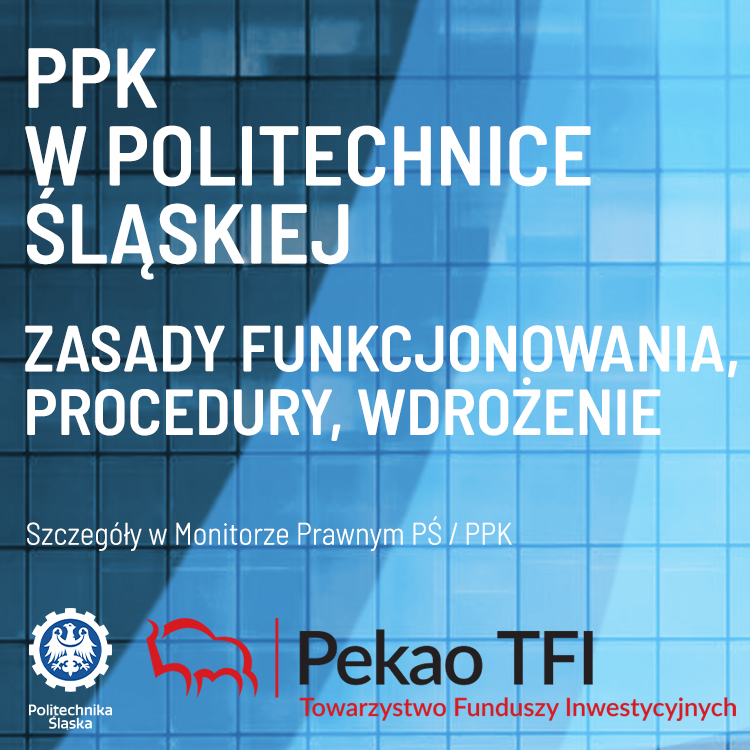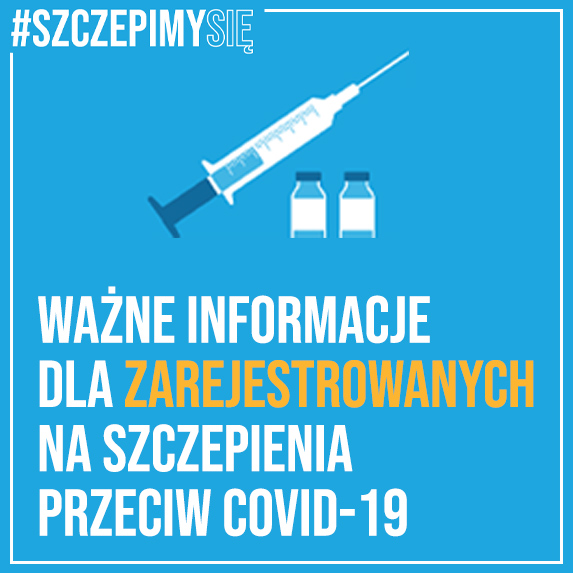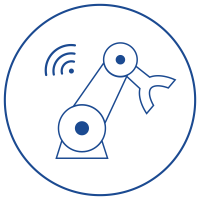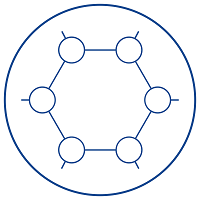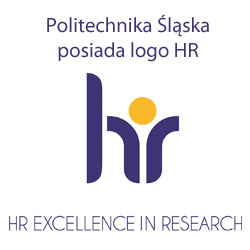Start - News
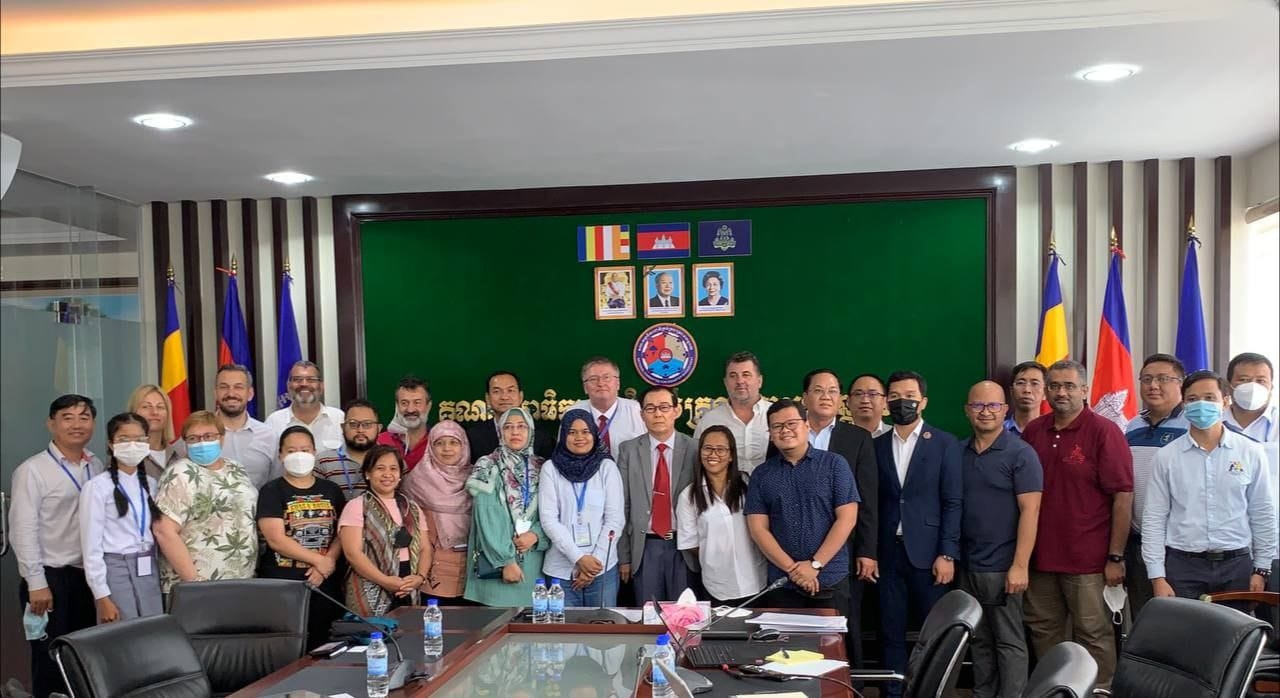
Workshops at Svay Rieng University in Cambodia as the part of the 'GeoDRR' project
Workshops at Svay Rieng University in Cambodia as the part of the 'GeoDRR' project
On July 2022, within the implemented project "Geomatics for Disaster Risk Reduction" (GeoDRR, Erasmus+), trainings and workshops for participants and a Project Managers' meeting were held in Svay Rieng University and Phnom Penh (Cambodia).
The Silesian University of Technology, was represented by the project's main coordinator, Krzysztof Tomiczek, PhD, from the Department of Geoengineering and Raw Materials Extraction (RG4), and the co-implementers of the project, Katarzyna Tobór - Osadnik, DSc, Prof. at SUT, and Anna Bluszcz, DSc, Prof. at SUT from the Department of Safety Engineering (RG3).
The project 'Geomatics for Disaster Risk Reduction' has been implemented since December 2020 and is scheduled to be completed in November 2023. 10 Partners are involved in the project. The project leader is the Silesian University of Technology. The aim of the project is to start a new degree specialisation "Geomatics for Disaster Risk Reduction" at 6 Asian universities (Cambodia - Svay Rieng University, National University of Battambang, Malaysia - Universiti Sains Malaysia, University Utara Malaysia, Philippines - University of the Cordilleras, Xavier University). Graduates of this-, 2nd degree specialisation will be competent in forecasting, managing and dealing with natural disasters. Southeast Asia is the most natural disaster-prone continent in the world. The biggest natural disasters are, among others: earthquakes, floods, landslides and typhoons. European Partners: 3 universities from Poland ( Silesian University of Technology), Greece (University of West Attica) and Spain (University of Alicante), and a consultancy-IT group from Luxembourg (Novel Group) are responsible for providing didactic, scientific and research support, and for helping to prepare Asian universities for the start of the educational process.
The Polish team prepared and delivered 5 training papers and 1 briefing paper to the workshop participants. The topics of the papers were: GIS systems, teaching pedagogy, selected problems of soil stability and ECTS scoring in the European Union. Other European universities prepared training courses on topics including: methodology for using LIDAR in slope monitoring, geoinformatics in slope monitoring, photometry systems, earthquake forecasting, cloud-based data analysis systems, examples of flood phenomenon analysis, the impact of earthquakes on structures and earthquake monitoring.
As part of the ongoing tasks in Cambodia, a meeting was held on Friday 22nd with the rectoral authorities of Svay Rieng University, Prof Tum Saravuth and the director, ministerial rank of the Cambodian National Committee for Disaster Management, H.E Hang Samoeun. The hosts of the meeting presented key facts about natural disasters in Cambodia, methods of forecasting and dealing with them in a seminar format. The seminar was accompanied by a panel discussion, which was also a summary of the week-long workshop.
Due to the geopolitical and post-pandemic situation, the trip to Svay Rieng was via the United Arab Emirates (Dubai), Singapore to the Cambodian capital Phnom Penh.
The Svay Rieng region is currently in the midst of the rainy season, which is accompanied by very heavy rainfall, thunderstorms and windstorms.
Pictured are, in addition to reports from the workshop, photos of a meeting at the Cambodian National Disaster Management Committee of the Kingdom of Cambodia, its H.E Hang Samoeun and SRU's H.E Rector Tum Saravuth.
In line with the project and its programme, the event was also attended by representatives from Asian universities participating in the workshop, as well as lecturers and trainers from European universities.
News
Show all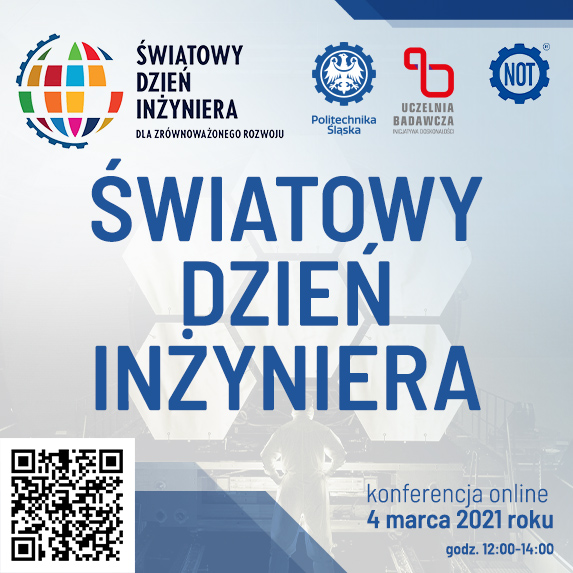
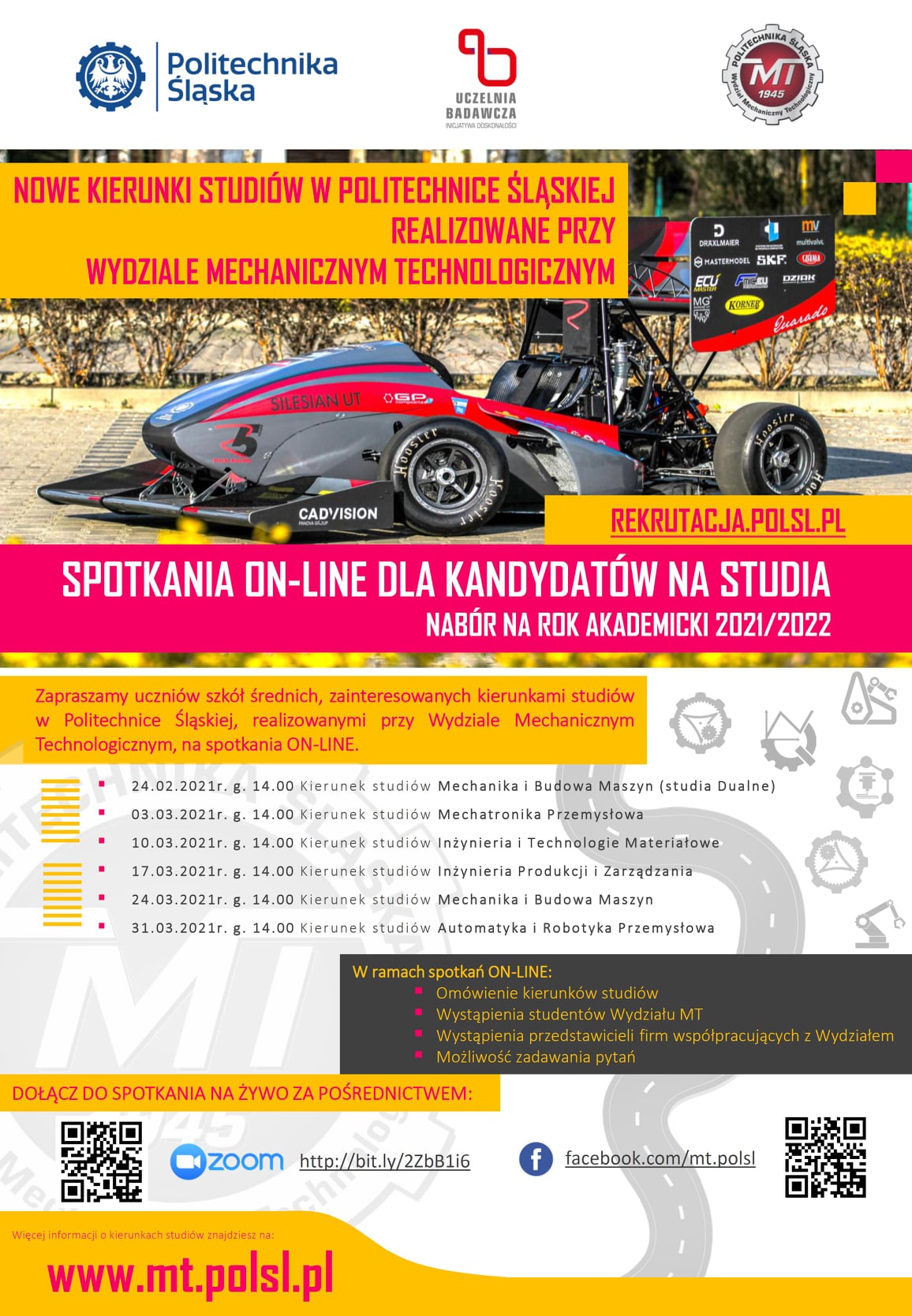
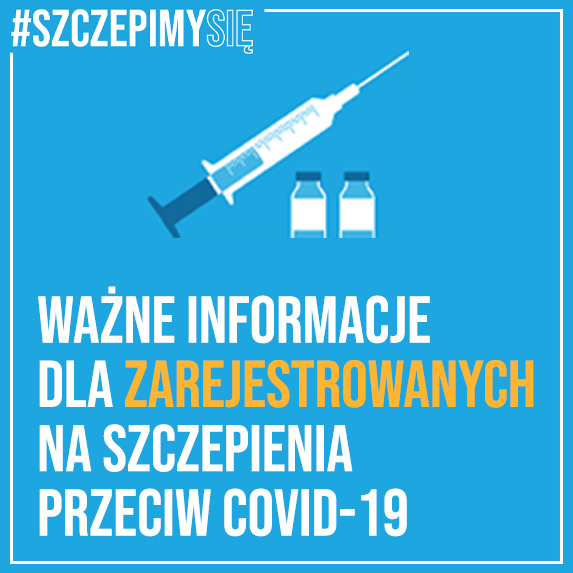
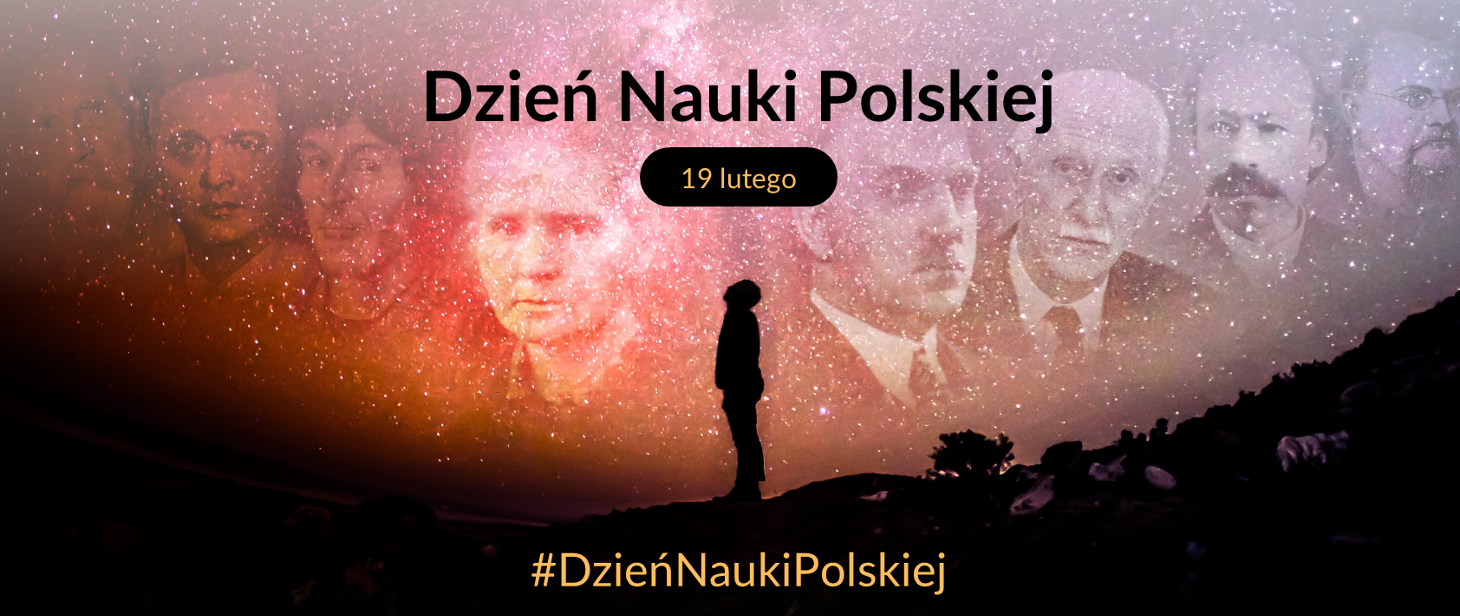
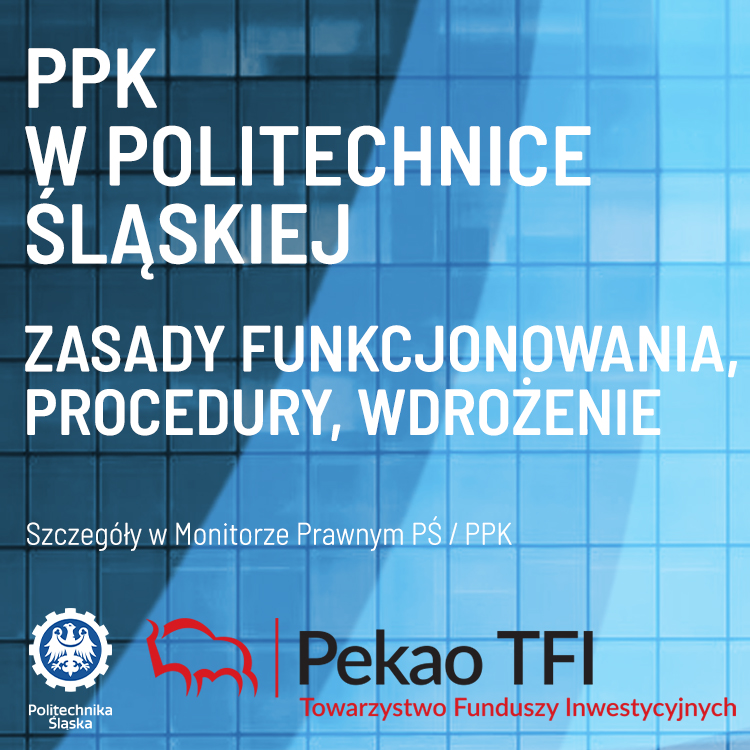
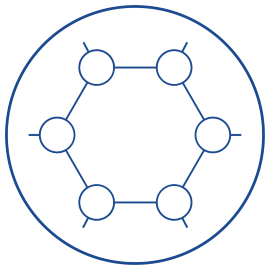
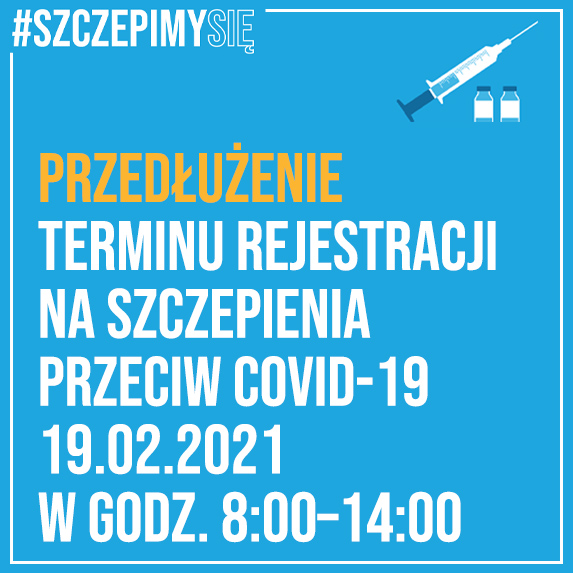

Show more Less items
Events
Show allCooperation:

Santander Universidades to jeden z fundamentów społecznego zaangażowania Banku Zachodniego BZWBK oraz Grupy Santander.
Cooperation:

Santander Universidades to jeden z fundamentów społecznego zaangażowania Banku Zachodniego BZWBK oraz Grupy Santander.









